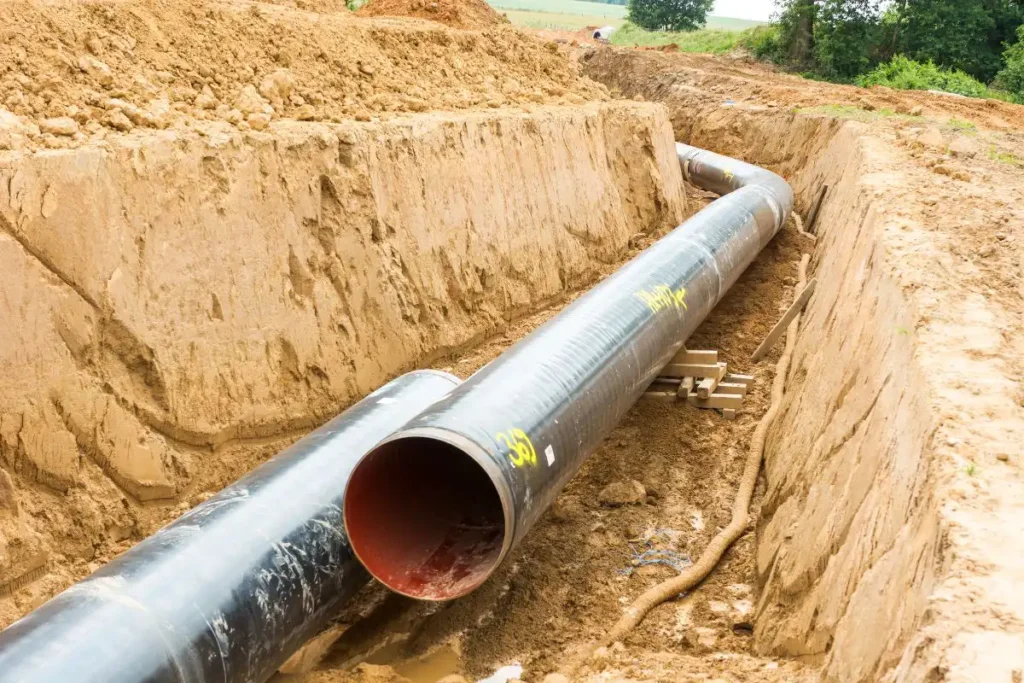Montevideo, MN, November 12, 2024—Last week saw two important if contradictory decisions related to Summit Carbon Solutions LLC’s controversial $8.9-billion carbon-capture pipeline project. One moves the CO2 pipeline one step forward in securing the permit for its proposed 28-mile segment in Minnesota. At the same time, the other is a major electoral setback in South Dakota.
In South Dakota, voters overwhelmingly rejected a proposal that would have made the project easier to approve by allowing the company to override county-level and other local land-use and safety regulations. The ballot referendum known as Referred Law 21 vetoed a law that was passed earlier in the year and supported by ethanol giant POET LLC and Gov. Kristi Noem, among others. But voters in 65 out of 66 counties struck the law down. During this spring’s GOP primaries, South Dakotans also ousted a number of incumbents who had supported the bill.
“South Dakota’s rejection of Referred Law 21 is a repudiation of the bully tactics Summit Carbon Solutions has employed for’ over three years now,” said Chase Jensen, an organizer with South Dakota-based Dakota Rural Action. “This vote shows that citizens are paying attention and will not stand for a false-‘compromise’ bill that was written by and for industry.”
Meanwhile, Minnesota moved closer to approving a 28-mile segment of Summit’s project in Otter Tail and Wilkin Counties, which would connect to the wider five-state network through North Dakota. On November 4, an Administrative Law Judge (ALJ) issued her report finding that the Final Environmental Impact Statement (FEIS) for the pipeline segment is “adequate” and recommending that the Minnesota Public Utilities Commission (PUC) issue a route permit for RA-South, which is Summit’s preferred route. The Judge also concluded that constructing the project along RA-South “is not likely to cause the pollution, impairment, or destruction of the air, water, land, or other natural resources located within Minnesota.” CURE brought evidence that showed that alternative routes would have fewer impacts on public health, waterways, productive farmland, and protected species, but the ALJ selected the route favored by Summit.
“The assertion that this pipeline along this route is unlikely to impact the lands, waterways, and communities it cuts through flies in the face of the ample evidence we and many others brought to these proceedings,” said Sarah Mooradian, Government and Policy Director at CURE. “Thankfully, we have a complete record that shows otherwise.”
“The ALJ report repeatedly states that the public’s concerns have been addressed in the FEIS. This is in spite of the fact that Minnesotans showed up 100-to-1 to say the exact opposite at public hearings and in written comments,” added Maggie Schuppert of CURE. “Summit and their supporters try to paint the folks speaking out against the pipeline as a vocal but insignificant minority—looking at the results from South Dakota, it’s pretty obvious that’s not the case.”
The PUC is expected to take up the ALJ’s proposals at its December 12 agenda meeting and decide whether to approve Summit’s permit and preferred route. “It’s important to remember that the ALJ recommendations are just that—recommendations,” said Hudson Kington, CURE’s Legal Director. “The decision to approve the route permit lies with the PUC Commissioners, they are the ones who are accountable.”
Additional info about CO2 pipelines: carbonpipelinesmn.org
CURE is rurally based, with staff across Minnesota. CURE knows rural people, lands, and ecosystems are vital to helping solve some of the biggest problems Minnesota and the country face. We help to tell the story of a vibrant rural future, lift-up people to lead, and work for policies and laws to make a better future possible for everyone.
###


